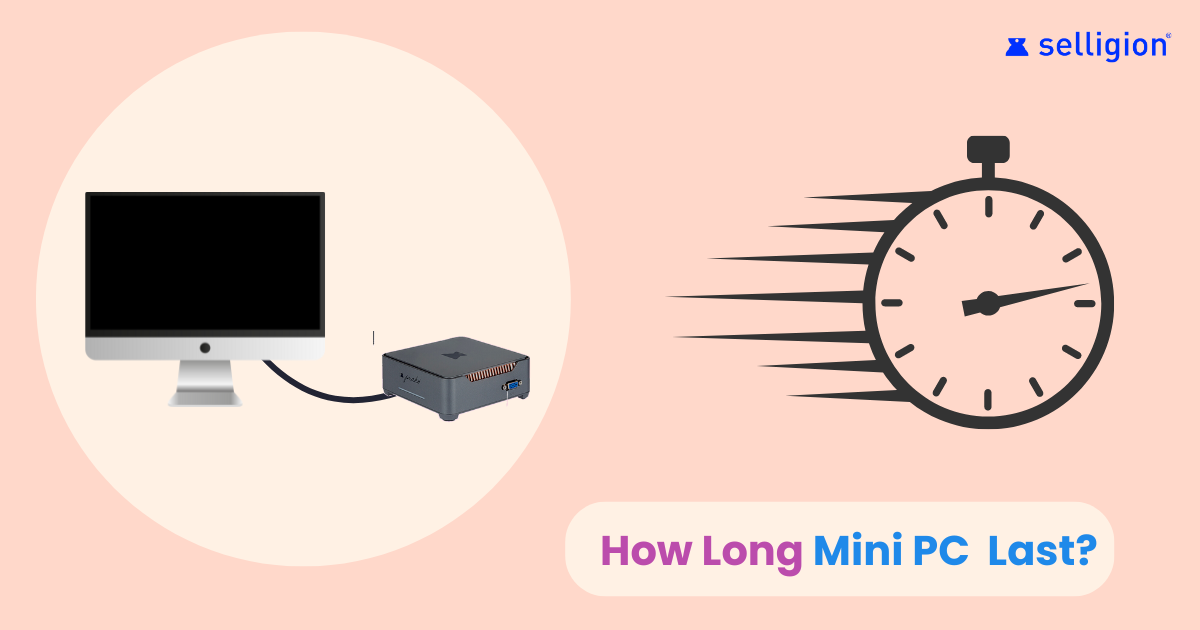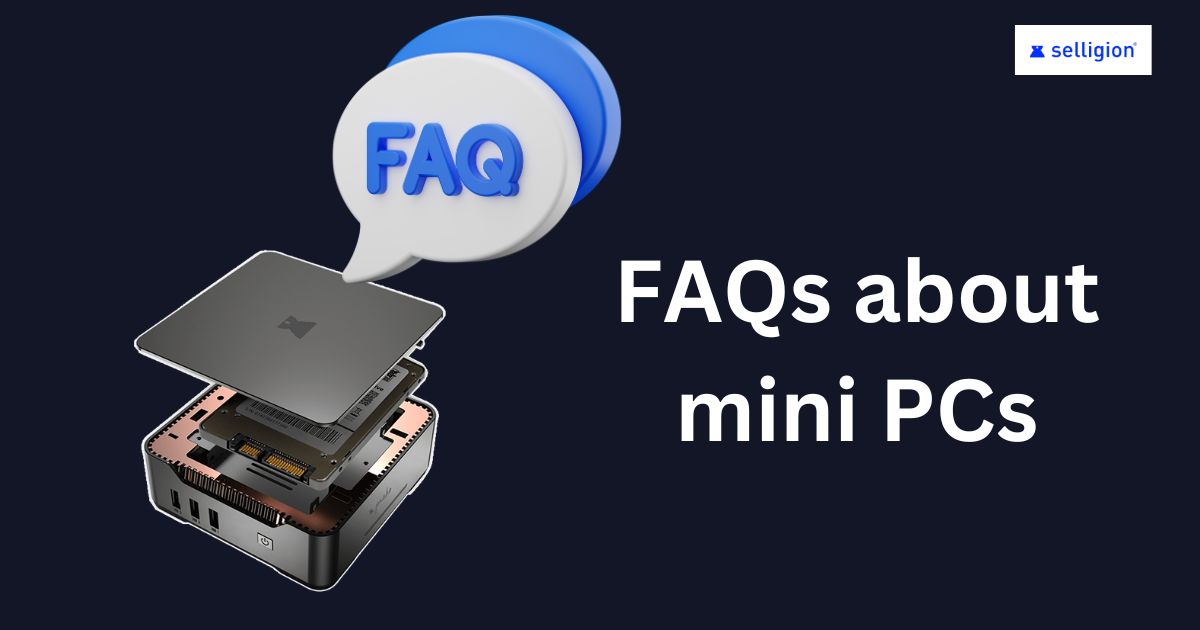
How long do mini PC last?
In recent years, the rise of mini PCs has revolutionized computing, offering compact, versatile solutions for various needs. Whether used for office work, entertainment, or as a space-saving alternative, mini PCs have become increasingly popular among consumers. In this blog, we'll delve into the factors influencing the durability and longevity of mini PCs to provide you with a clearer understanding.
What is a Mini PC?
Before we dive into their lifespan, let's briefly understand what mini PCs are. Mini PCs, also known as small form factor (SFF) PCs, are compact computing devices that pack the functionality of a traditional desktop or laptop into a smaller, more portable form. Despite their diminutive size, mini PCs offer impressive performance and can handle a wide range of tasks, from basic computing to multimedia playback and light gaming.
Factors Affecting the Lifespan of Mini PC:
Several factors contribute to the lifespan of a mini PC, including:
- Build Quality: The quality of components and craftsmanship plays a significant role in determining how long a mini PC will last. Higher-quality materials and robust construction are likely to result in a more durable device that withstands daily wear and tear.
- Component Lifespan: Like any electronic device, mini PCs are composed of various components such as processors, memory modules, storage drives, and cooling systems. The lifespan of these components varies, with some lasting longer than others.
- Usage Patterns: How you use your mini PC can also impact its longevity. Suppose you primarily use it for basic tasks such as web browsing, word processing, and multimedia playback. In that case, the device is likely to last longer compared to heavy usage scenarios like gaming or video editing, which can put more strain on the components.
- Environmental Factors: The operating environment can influence the lifespan of a mini PC. Factors such as temperature, humidity, and dust levels can affect the performance and longevity of electronic components.
Average Lifespan Expectations
While it's challenging to provide an exact lifespan for all mini PCs due to the variability in factors mentioned above, a well-maintained and high-quality mini PC can last anywhere from 3 to 7 years on average. However, it's essential to note that this is just an estimate, and individual experiences may vary.
Extending the Lifespan of Your Mini PC
Although the lifespan of a mini PC is influenced by various factors, there are steps you can take to prolong its longevity:
- Regular Maintenance: Keep your mini PC clean and dust-free, and ensure proper airflow to prevent overheating.
- Update Software and Drivers: Regularly update the operating system, drivers, and firmware to ensure optimal performance and security.
- Backup Data: Regularly back up your important files and data to prevent loss in case of hardware failure.
- Monitor Temperatures: Use monitoring software to keep an eye on temperatures and address any overheating issues promptly.
- Avoid Overclocking: While overclocking can boost performance, it can also shorten the lifespan of your mini PC's components due to increased stress and heat generation.
Conclusion
In conclusion, the lifespan of a mini PC depends on various factors such as build quality, component lifespan, usage patterns, and environmental factors. While it's challenging to predict exactly how long a mini PC will last, taking proper care of your device and following best practices can help extend its longevity.
One such mini PC is Selligion Praho 2.0 which consists of high-quality components, efficient cooling systems, and upgradability options, ensuring a longer lifespan and optimal performance for years to come.
Buy your selligion setup today: Buy here




